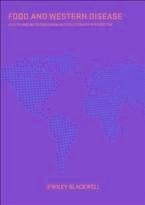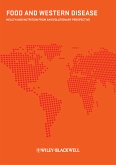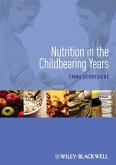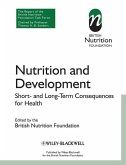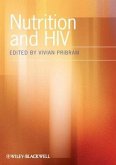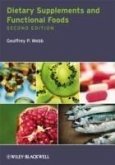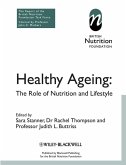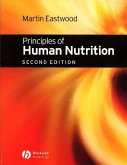Nutrition science is a highly fractionated, contentious field with rapidly changing viewpoints on both minor and major issues impacting on public health. With an evolutionary perspective as its basis, this exciting book provides a framework by which the discipline can finally be coherently explored.
By looking at what we know of human evolution and disease in relation to the diets that humans enjoy now and prehistorically, the book allows the reader to begin to truly understand the link between diet and disease in the Western world and move towards a greater knowledge of what can be defined as the optimal human diet.
This important book provides an exciting and useful insight into this fascinating subject area and will be of great interest to nutritionists, dietitians and other members of the health professions. Evolutionary biologists and anthropologists will also find much of interest within the book. All university and research establishments where nutritional sciences, medicine, food science and biological sciences are studied and taught should have copies of this title.
By looking at what we know of human evolution and disease in relation to the diets that humans enjoy now and prehistorically, the book allows the reader to begin to truly understand the link between diet and disease in the Western world and move towards a greater knowledge of what can be defined as the optimal human diet.
- Written by a leading expert
- Covers all major diseases, including cancer, heart disease, obesity, stroke and dementia
- Details the benefits and risks associated with the Palaeolithic diet
- Draws conclusions on key topics including sustainable nutrition and the question of healthy eating
This important book provides an exciting and useful insight into this fascinating subject area and will be of great interest to nutritionists, dietitians and other members of the health professions. Evolutionary biologists and anthropologists will also find much of interest within the book. All university and research establishments where nutritional sciences, medicine, food science and biological sciences are studied and taught should have copies of this title.
Dieser Download kann aus rechtlichen Gründen nur mit Rechnungsadresse in D ausgeliefert werden.

